Staying Ahead of Land Tax Obligations: Update Your My Land Tax Account Before 31 December 2024
As the end of the year approaches, it’s crucial for property owners in Victoria to ensure their land tax holdings are accurate and up to date. The State Revenue Office (SRO) My Land Tax portal provides a streamlined way to review and manage your property details. By acting now, you can avoid unnecessary issues or penalties in 2025.
Why Update Your Land Tax Holdings?
Land tax assessments in Victoria are based on the information recorded in your My Land Tax account. Keeping your holdings updated ensures:
Accurate assessments: Prevent overpayments or disputes.
Compliance with Victorian law: Stay in line with current regulations and avoid penalties.
Key Considerations for Your Property Holdings
Principal Place of Residence (PPR) Declaration
You are only permitted to declare one property as your PPR, unless an exemption applies. Common exemptions include:
Buying and selling: If you’re transitioning between properties, both may qualify as PPRs for a limited period.
Temporary absence: Certain situations, such as extended travel or renting out your home temporarily, may allow for a continued PPR exemption.
Ensure your PPR designation matches what you’ve declared to other government bodies, such as the Australian Taxation Office (ATO). Discrepancies can raise compliance issues.
Properties Under Construction
If you’re building a new home, you may be eligible for a construction exemption for land tax if the property will become your PPR once complete. Key conditions include:
The land must be intended as your primary residence.
Construction must commence within a specific timeframe.
The exemption period is usually limited to two tax years, subject to meeting criteria set by the SRO.
Keeping the SRO informed of your progress is essential to maintain this exemption.
Jointly Owned Properties or Ownership Structures
If you hold property with other individuals or through entities like trusts, companies, or partnerships, it’s important to review how these are reflected in your My Land Tax account.
Land tax liabilities may differ depending on the ownership structure, for example trust surcharges.
Joint owners may share responsibility for tax obligations, but the ownership percentage and usage of the property play a role in assessments.
Land Tax and Capital Gains Tax (CGT)
For properties held as investments or for business purposes, it’s important to review your land tax obligations with Capital Gains Tax (CGT) considerations. The ATO’s main residence exemption for CGT applies differently than the PPR for land tax purposes.
Consult your financial advisor or accountant to ensure your land tax and CGT declarations are consistent.
Verify if CGT concessions or exemptions might apply based on your property usage.
What to Do Before 31 December 2024
To stay compliant and avoid errors:
Log in to your My Land Tax account on the SRO website.
Review all property holdings, including jointly held properties or those owned through entities.
Confirm or update your PPR status and any applicable exemptions, such as construction exemptions.
Cross-check with your ATO records for consistency, particularly for main residence CGT calculations.
Discuss your land tax and CGT position with a qualified financial advisor to avoid surprises at tax time.
Other Exemptions to Consider
Victoria’s land tax regime provides additional exemptions in certain circumstances. Some common examples include:
Primary production land: If your land is used for farming or primary production, it may qualify for an exemption.
Charitable purposes: Properties owned by certain charitable organisations may also be exempt from land tax.
Vacant residential land: Specific criteria apply for properties considered vacant, but exemptions or reduced rates may be available if you intend to develop or occupy the property soon.
Why This Matters
Discrepancies in your land tax or CGT records can lead to penalties, disputes or unwanted back-dated liabilities and debts. By taking the time to review and update your records, you ensure compliance and avoid complications while maximising any available exemptions or benefits.
Our team at Grice Legal is here to provide advice tailored to your unique circumstances. If you need assistance navigating land tax or other property-related obligations, contact us today.
